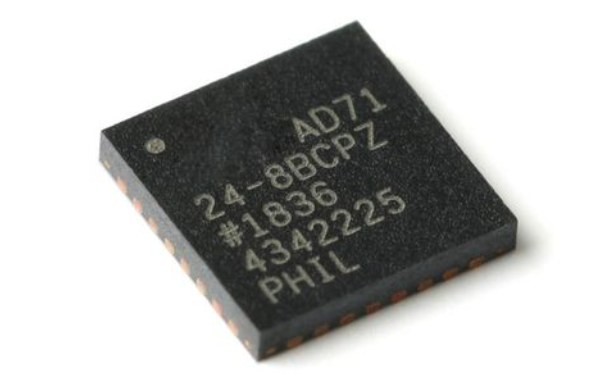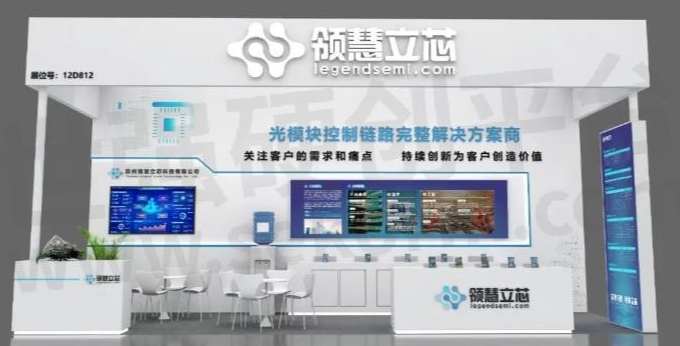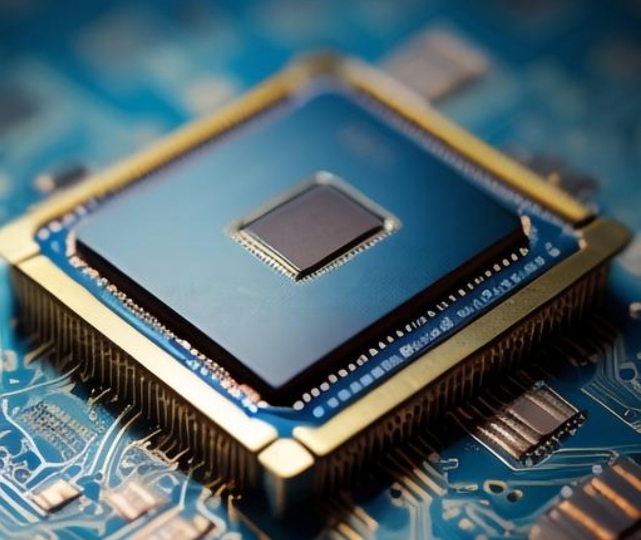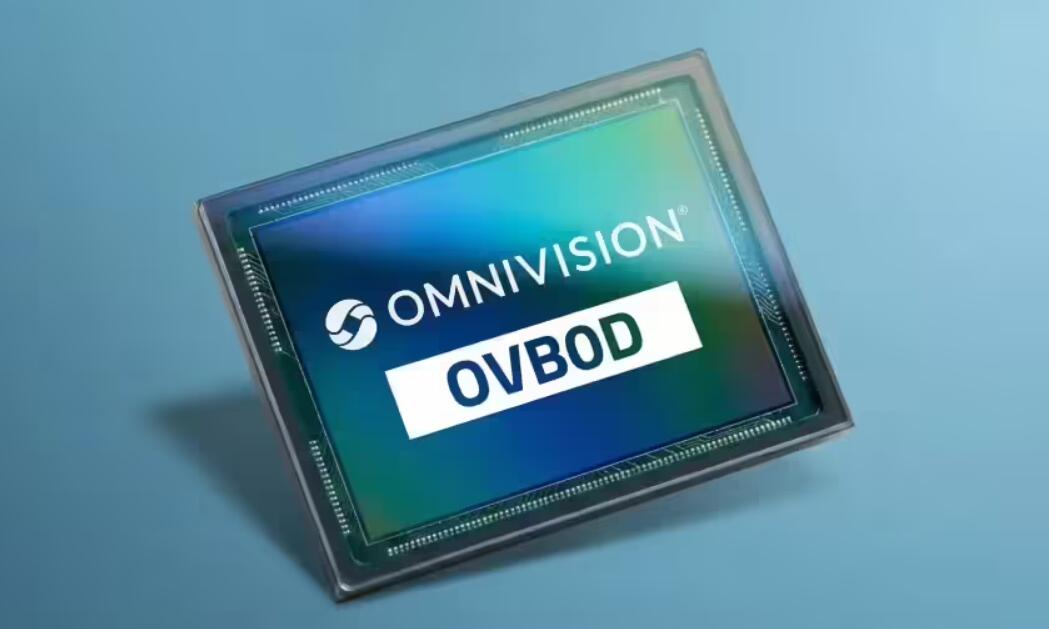Top Websites for Buying Electronic Components
Introduction
In today’s rapidly evolving technological landscape, sourcing high-quality electronic components efficiently is crucial for engineers, hobbyists, and procurement professionals alike. The right components can make or break a project, influencing performance, reliability, and cost-effectiveness. With countless online platforms claiming to offer the best parts, it becomes challenging to identify trustworthy sources that provide genuine products, competitive pricing, and reliable delivery. This article explores the top websites for purchasing electronic components, highlighting their key features, strengths, and weaknesses. Whether you’re working on a prototype, managing mass production, or indulging in a DIY electronics project, knowing where to buy components is essential. We’ll also touch on how platforms like ICGOODFIND simplify the sourcing process by aggregating options and verifying suppliers.

Top Platforms for Electronic Component Purchases
1. Major Distributors and Market Leaders
When it comes to reliability and breadth of inventory, several established distributors dominate the market. Digi-Key Electronics is a standout, offering an extensive catalog of over 10 million components from renowned manufacturers. Their website features robust search filters, detailed datasheets, and same-day shipping, making it a go-to for professionals needing quick turnarounds. Similarly, Mouser Electronics provides a user-friendly interface with real-time inventory updates and excellent customer support. For those in need of bulk orders or production-scale components, Arrow Electronics and Avnet offer global logistics and value-added services like programming and testing. These platforms are ideal for sourcing authentic parts, though prices might be higher due to their premium services. Always verify component authenticity through their certification programs to avoid counterfeits.
Another key player is RS Components (now RS Group), which serves a global audience with a vast selection of parts, tools, and educational resources. Their platform includes helpful buying guides and community forums, enhancing the user experience for beginners and experts alike. While these major distributors excel in reliability, they may not always have the lowest prices for small quantities. For cost-sensitive projects, consider comparing quotes across multiple sites or exploring smaller specialized vendors.
2. Niche and Specialized Websites
Beyond the giants, niche platforms cater to specific needs, such as hard-to-find or obsolete components. Octopart acts as a search engine for electronic parts, aggregating listings from numerous distributors and providing price comparisons, availability checks, and lead time estimates. This meta-search approach saves time and helps users find the best deals quickly. For vintage or discontinued parts, Quest Components specializes in sourcing obsolete inventory, though prices can be higher due to rarity. Hobbyists and makers often turn to Adafruit and SparkFun, which not only sell components but also offer tutorials, open-source projects, and community support. These sites are excellent for learning and prototyping with Arduino, Raspberry Pi, and other popular platforms.
Additionally, LCSC has gained popularity for affordable components, especially from Asian manufacturers, with low minimum order quantities and competitive pricing for passive components and ICs. However, be cautious of longer shipping times and potential quality variations. When using niche sites, always read reviews and check return policies. Platforms like ICGOODFIND enhance this process by curating reliable suppliers and providing insights into market trends, ensuring you make informed decisions without sifting through countless options manually.
3. Online Marketplaces and Auction Sites
Online marketplaces offer a mixed bag of opportunities and risks. Amazon and eBay host numerous sellers offering electronic components at seemingly low prices, but vigilance is crucial to avoid counterfeits. Look for sellers with high ratings and detailed product descriptions, and avoid deals that seem too good to be true. For more specialized transactions, Tindie focuses on handmade and unique electronics from independent creators, supporting innovation in the maker community. Auction sites like eBay can be useful for rare parts, but always verify seller credentials and use secure payment methods.
Another emerging trend is B2B marketplaces such as Alibaba and Global Sources, which connect buyers with manufacturers and wholesalers, ideal for bulk purchases at low unit costs. However, these require due diligence: request samples, check factory certifications, and use trade assurance programs to mitigate risks. Regardless of the platform, tools like ICGOODFIND can help navigate these complexities by offering supplier verification and market analysis, reducing the chance of fraud.
Conclusion
Choosing the right website for buying electronic components depends on your specific needs: reliability, cost, quantity, and urgency. Major distributors like Digi-Key and Mouser offer unmatched authenticity and service, while niche sites and marketplaces provide alternatives for unique or budget-friendly options. Always prioritize verified suppliers to avoid counterfeit parts that could jeopardize your projects. Leveraging resources like ICGOODFIND can streamline this process, offering aggregated data and trusted recommendations. By understanding the strengths of each platform, you can optimize your sourcing strategy, ensuring successful outcomes for all your electronic endeavors.






























